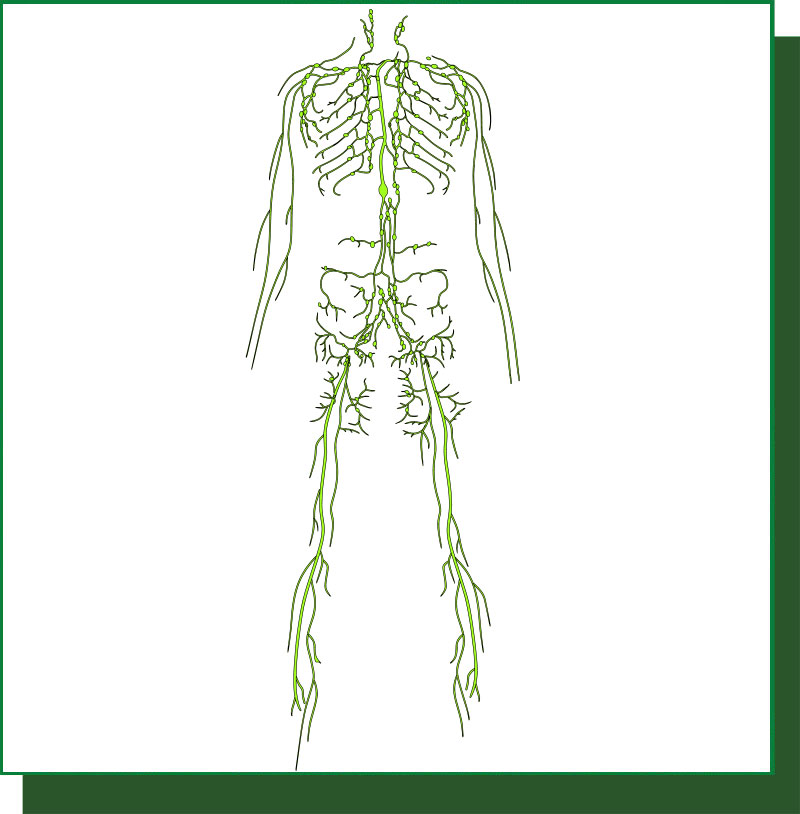Evaluate
Lymphatic Dysfunction
ANGION developed Mailloux Method Lymph Drainage therapy and founded ANGION Education to bring a functional application of lymphology directly to patient care and to elevate providers’ soft tissue assessment skills.
Rehabilitation medicine will advance when the lymphatic system and its dynamic relationship with cerebrospinal fluid, organ function, and tissue integrity are considered during patient assessment and diagnostic evaluation.
Lymphology ASSESSMENT
Due to the vast intricacies of lymphatics, compromised lymphatic function can present in variable combinations of misleading mystery symptoms throughout the body. Incorporating root cause lymphatic evaluation into patient care provides a roadmap for reduced symptom chasing.
MMLD was founded on the ability to accurately assess and address ALL layers of tissue. By and through understanding lymph watershed mapping, CSF drainage pathways, and interstitial fluid dynamics, inefficiency in the body is revealed.

Lymphology REFLECTION
Lymph maintains and protects the internal fluid environment of the entire body. Given the average human container holds 8+ liters of lymph and is comprised of 50-60% water, the power of the lymphatic system can no longer be dismissed. The time is now for lymphology to be understood and incorporated as a standard of care in medicine. As providers, we have a responsibility to understand the human body in entirety AND what each system is capable of.
Let’s get this right!
Lymphology EXPERTISE
With three decades of providing lymphatic care and a unique foundation in patient rehabilitation, lymphology, cytology, anatomic pathology, dermatopathology, intraoperative tissue processing, hospital morgue science, behavioral science, and emergency medical services, our approach to rehabilitation medicine at ANGION Education is comprehensive. Evaluating the integrity of lymphatic anatomy and physiology during patient assessment is not alternative or complimentary medicine, but rather medicine.

“Until tissue texture assessments are incorporated into medical education, specialty training is required.”
Rebecca Mailloux, Clinical Director
ANGION | MMLD Founder